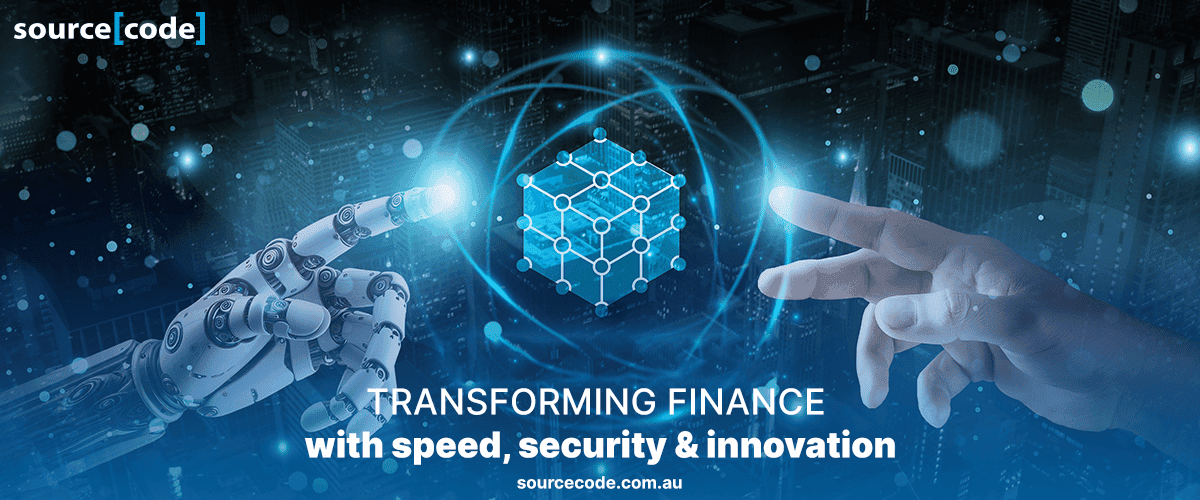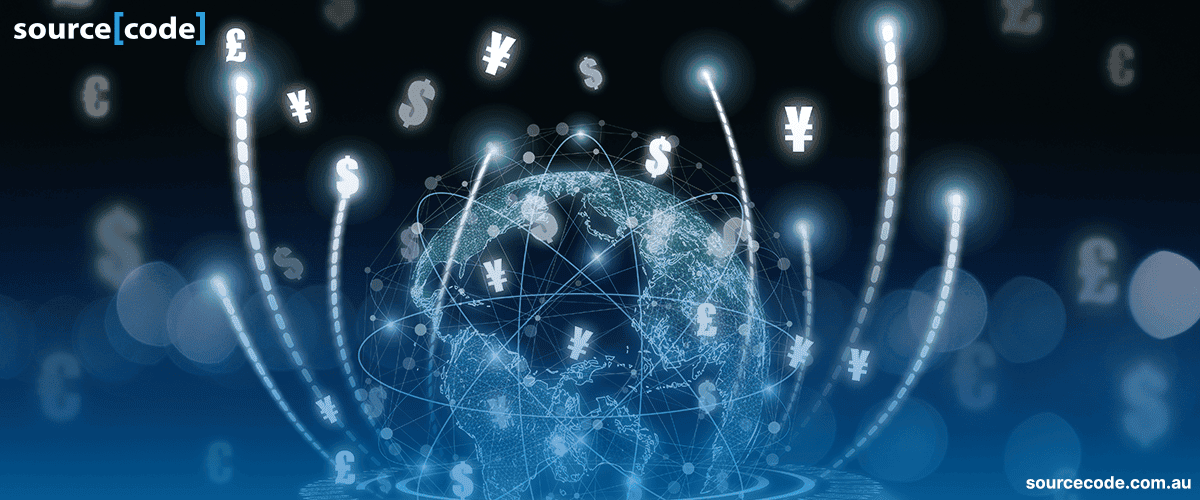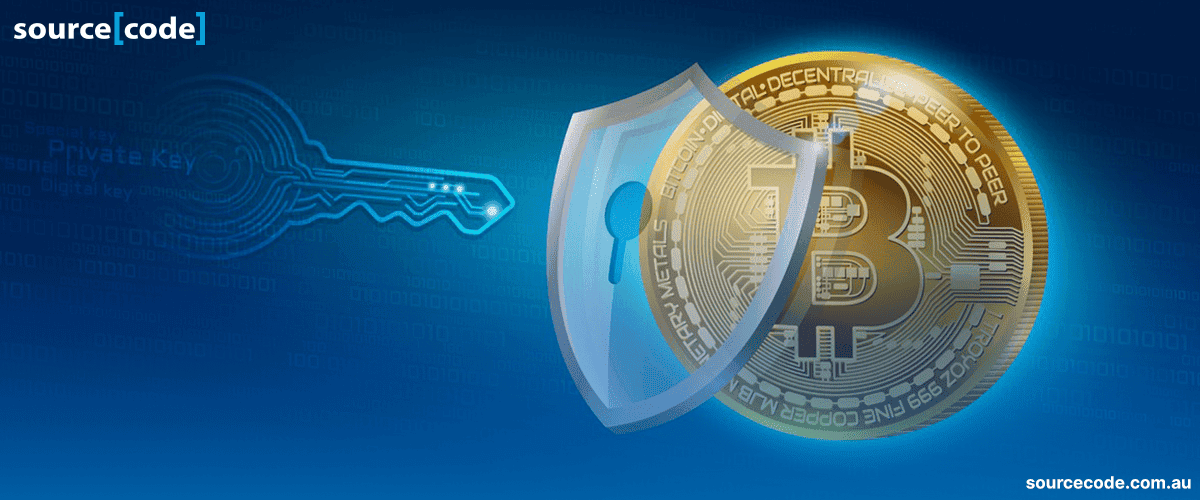Banking on the Future: How Technology is Redefining Finance
Imagine a financial system where transferring funds internationally takes seconds, fraud is almost eradicated, and loans are approved with minimal paperwork. While this may sound futuristic, technologies like blockchain and artificial intelligence (AI) are already making these scenarios a reality.
Blockchain provides unmatched transparency and security, while AI optimizes decision-making and automates operations. Together, these technologies are not only solving current financial challenges but also paving the way for a faster, safer, and more intelligent banking ecosystem.

Why the Financial Industry is Evolving
Traditional banking systems, while reliable, often suffer from inefficiencies. Outdated infrastructure, intermediaries, and manual processes result in delays, higher costs, and vulnerabilities to fraud. Moreover, customers now expect seamless, digital experiences akin to what they find in other industries.
Here’s how modern technologies are stepping in to solve these pain points:
- Blockchain offers a decentralized system where every transaction is securely recorded and instantly verifiable. This eliminates the need for middlemen, reducing costs and the potential for errors.
- AI enhances operational efficiency by analyzing vast amounts of data, automating tasks, and identifying patterns humans might miss.
Practical Applications of Blockchain and AI in Banking
These technologies have already moved beyond theory and into practical use. Here’s how they are transforming everyday banking functions:

1. Cross-Border Payments Without Friction
International transactions often involve multiple intermediaries, causing delays and high fees. Blockchain technology, as seen in solutions like Ripple, enables near-instant cross-border payments with reduced costs.
AI complements this by analyzing transaction flows, detecting anomalies, and preventing fraudulent transfers. Combined, these systems ensure fast, low-cost, and secure global transfers.
2. Revolutionizing Lending and Credit
Blockchain introduces smart contracts—automated agreements that execute when predefined conditions are met. This reduces reliance on manual paperwork and speeds up the loan approval process.
AI, on the other hand, assesses borrowers’ creditworthiness by analyzing alternative data such as spending habits or digital payment histories. Together, these tools make lending faster and fairer.
3. Fraud Detection and Prevention
The immutable nature of blockchain ensures that once a transaction is recorded, it cannot be altered or tampered with. This significantly reduces opportunities for fraud.
Meanwhile, AI uses machine learning to analyze large transaction datasets in real time. By identifying patterns and anomalies, it flags suspicious activity before any damage occurs.
4. Streamlining KYC and Compliance
Know Your Customer (KYC) regulations require banks to verify customer identities, a process that’s traditionally slow and costly. Blockchain allows institutions to store and share verified customer identities securely and transparently.
AI further automates identity verification, using biometrics and document analysis to simplify compliance processes while reducing errors.
5. Tokenizing Real-World Assets
With blockchain, real-world assets like real estate or commodities can be digitized and represented as tokens. This unlocks liquidity and enables fractional ownership, making high-value investments more accessible.
AI steps in to assess these assets’ market value and potential returns, helping investors make well-informed decisions.
What Makes Blockchain So Critical to Finance?
At its core, blockchain addresses some of the banking industry’s most pressing issues. Its unique characteristics include:
- Immutability: Once recorded, data on a blockchain cannot be changed, providing a tamper-proof history of all transactions.
- Transparency: All participants in a blockchain network can view transaction details, ensuring accountability.
- Decentralization: By removing the need for intermediaries, blockchain reduces costs and speeds up processes.
- Security: Encryption and consensus mechanisms make blockchain highly resistant to cyberattacks.
When paired with AI’s predictive capabilities and automation, these strengths become even more powerful, enabling smarter, safer banking systems.
The Real Benefits for Banks and Consumers

The integration of blockchain and intelligent systems is unlocking a range of benefits:
- Reduced Costs: By eliminating intermediaries and manual processes, banks save significant operational expenses.
- Greater Efficiency: Instant processing of transactions and data analysis speeds up operations, improving service delivery.
- Enhanced Trust: Blockchain ensures full transparency, while AI enhances security by proactively identifying risks.
- Personalized Services: AI analyzes customer behavior and preferences to deliver customized financial solutions.
For consumers, this means lower fees, faster services, and a more tailored banking experience.
Challenges and Roadblocks
Despite the immense potential, several challenges need to be addressed:
- Scalability: Blockchain networks must scale to process millions of transactions per second, similar to traditional systems.
- Regulation: Governments are still developing regulatory frameworks for blockchain-based financial systems and AI-driven solutions.
- Interoperability: Different platforms—both blockchain and AI systems—need to seamlessly integrate and communicate with one another.
These hurdles are significant but not insurmountable. Advancements in Layer-2 blockchain solutions and cross-chain technologies are already tackling scalability and interoperability issues, while regulatory clarity is slowly emerging worldwide.
The Road Ahead: What’s Next for Finance?

The financial landscape is shifting, and here’s what the future holds:
- Central Bank Digital Currencies (CBDCs): More central banks will embrace blockchain to issue digital currencies, offering faster and more secure payments.
- Decentralized Finance (DeFi): DeFi platforms, built on blockchain, will grow to provide services like lending, trading, and insurance without intermediaries.
- Personalized Banking: AI-driven solutions will allow banks to offer hyper-personalized financial advice, products, and experiences.
- Tokenized Economies: More industries will tokenize assets, making investments more accessible and liquid for individuals globally.
- Advanced Security Protocols: Combining blockchain’s immutability with AI’s monitoring will create the most robust financial security systems to date.
Final Thoughts: A Financial Revolution in the Making
The rise of blockchain and other intelligent technologies marks a pivotal shift in the way we approach finance. Together, they’re solving critical inefficiencies, enhancing security, and empowering banks to innovate like never before.
For financial institutions, embracing these tools isn’t just about modernization—it’s about staying ahead in an increasingly competitive market. For consumers, this revolution promises faster services, better security, and more access to financial opportunities.
As the technology continues to evolve, the question becomes clear: Are banks ready to embrace the future, or will they risk being left behind?
Frequently Asked Questions (FAQs)
- How does blockchain reduce banking costs?
By eliminating intermediaries and automating processes, blockchain significantly reduces operational expenses for banks.
- Can blockchain and AI help prevent fraud?
Yes. Blockchain’s immutable ledgers prevent tampering, while AI detects suspicious activity in real time, stopping fraud before it happens.
- What is asset tokenization, and how does it work?
Asset tokenization converts real-world assets (like real estate) into digital tokens on a blockchain, allowing fractional ownership and easier trading.
- What role does AI play in personalized banking?
AI analyzes customer behavior and preferences to offer tailored financial products, advice, and services, enhancing user satisfaction.